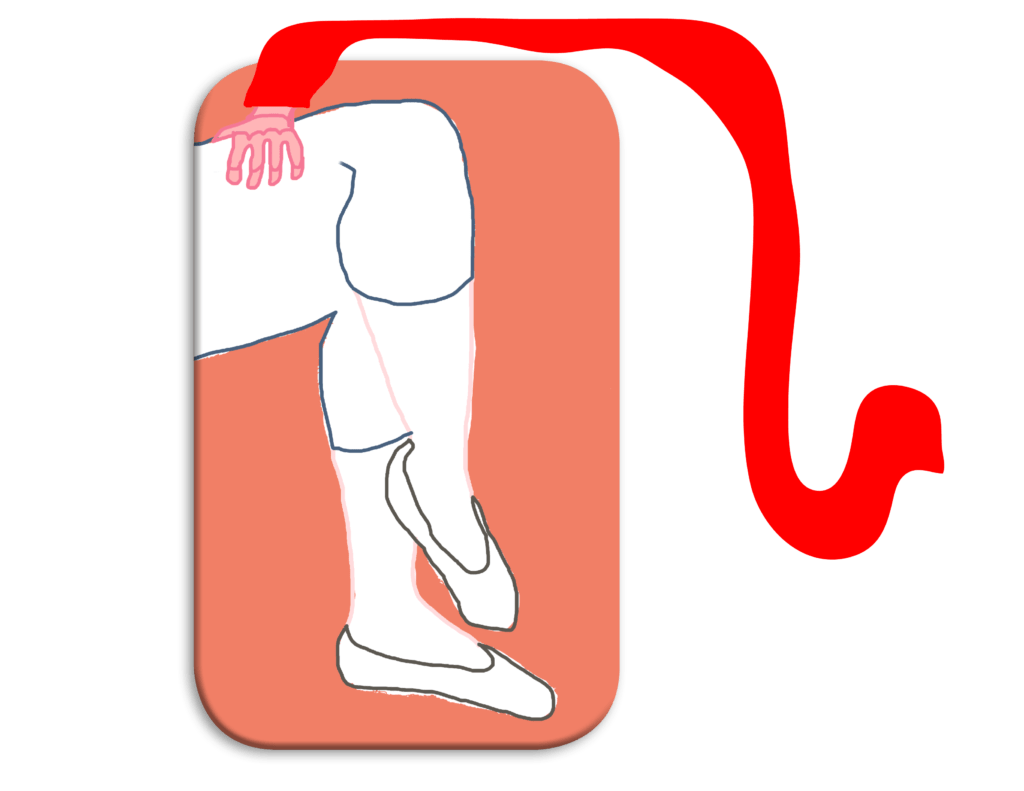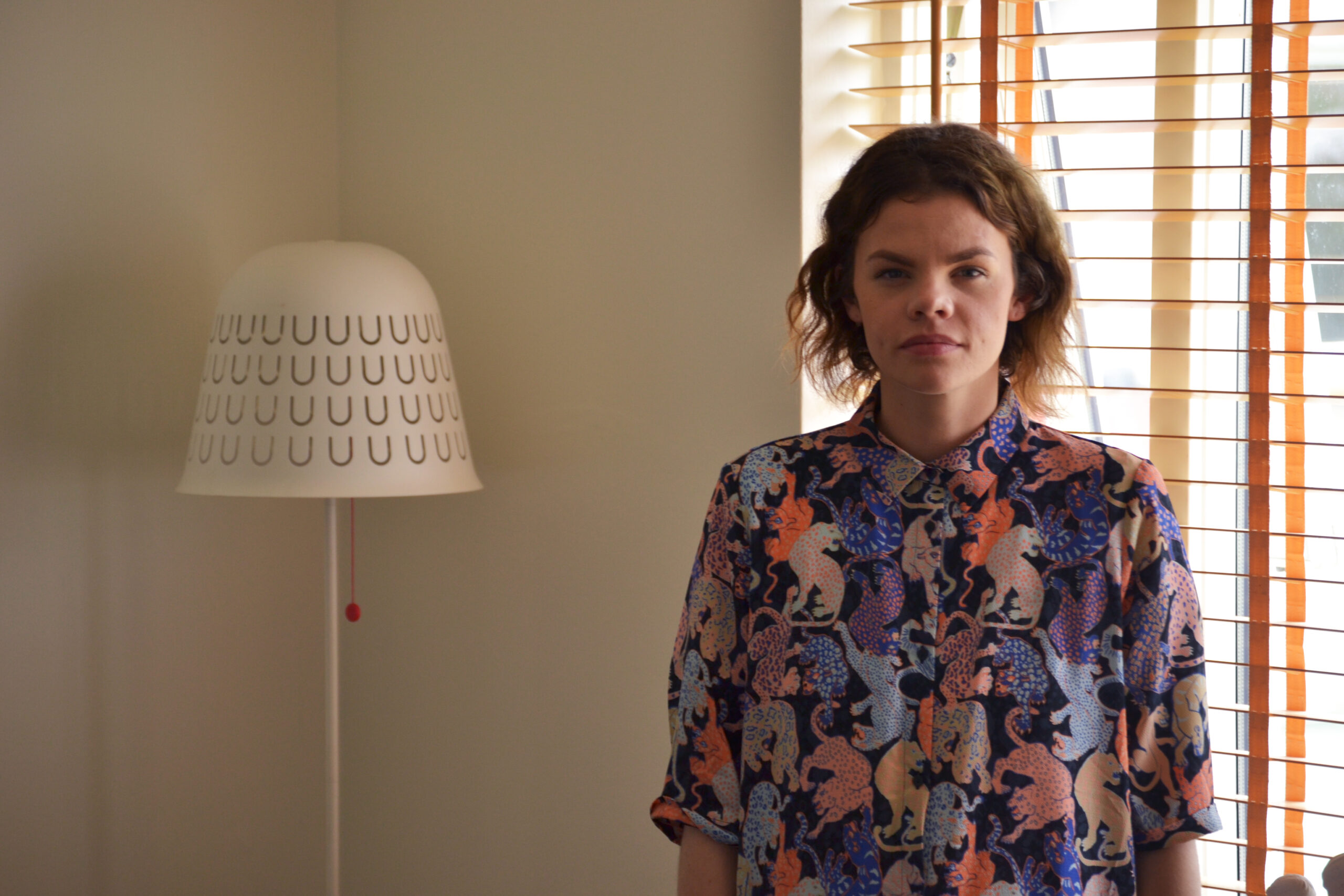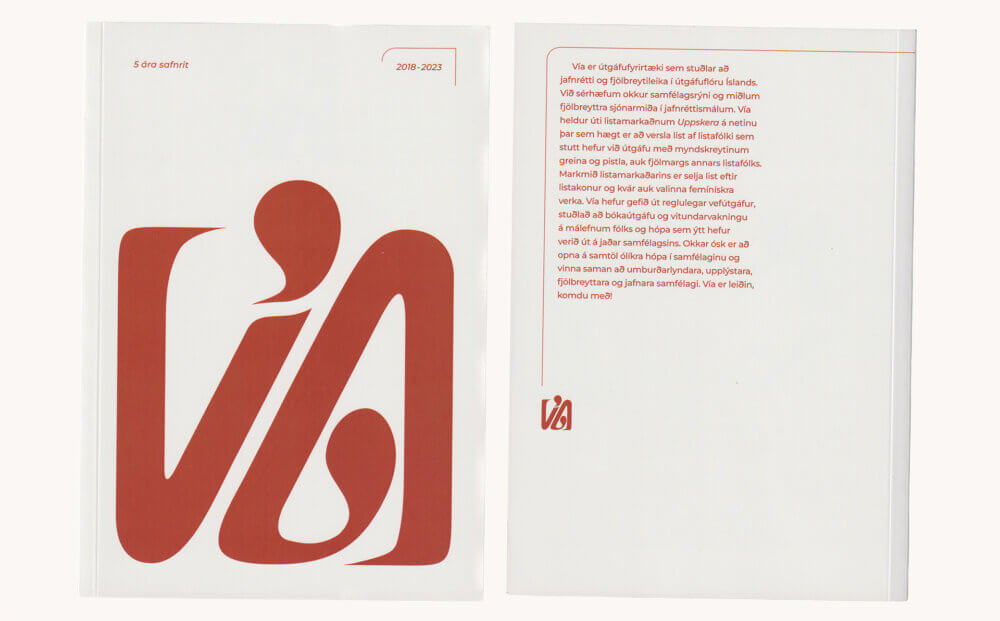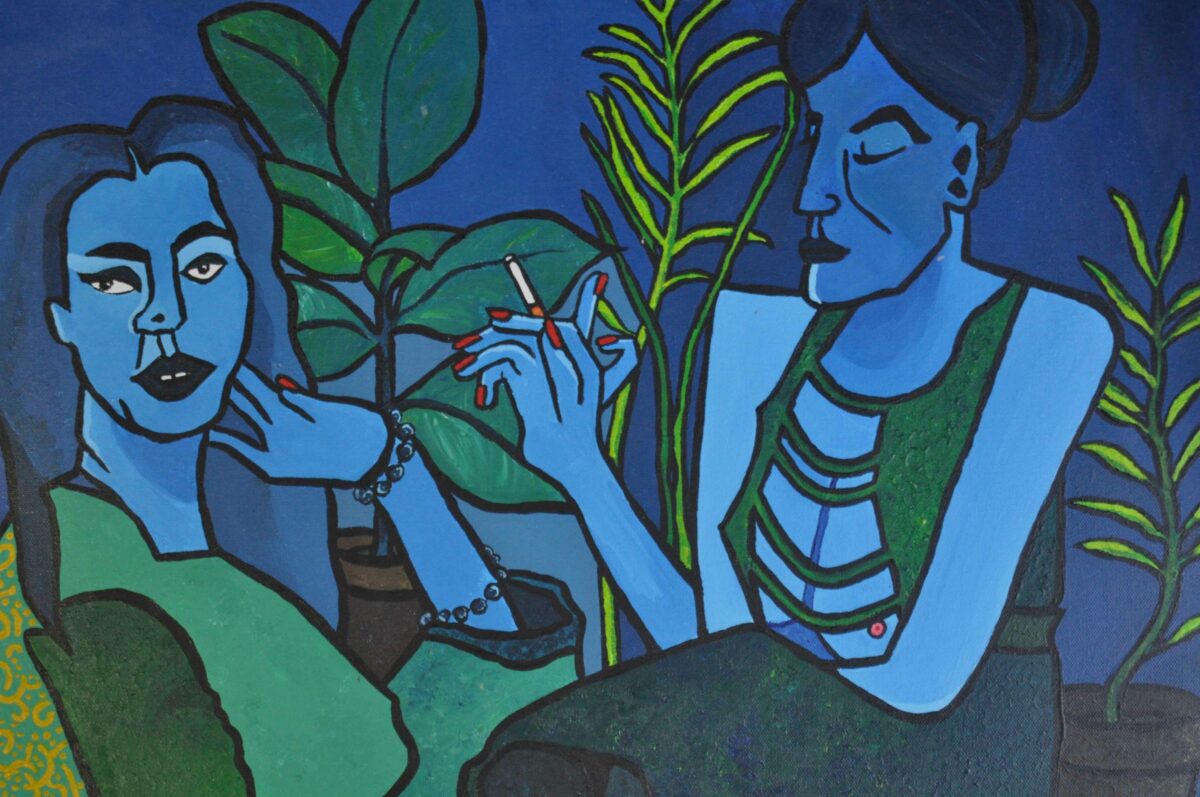When MeToo finally hit Denmark
Author:
Gunnhildur Þórðardóttir
Image:
Berglind Brá Jóhannsdóttir
berglind-bra.netlify.app
Although ‘#MeToo’ has been used on social media since 2006, it hit hard as a widespread movement in October 2017. All over the world women were breaking the silence following the exposure of prominent figures of power. This, however, was not exactly the case in Denmark. There was some discussion of sexual harassment, of course, but it did not lead to a drastic change. It seems as it did not have many consequences whatsoever and the discussion soon died out. Some people argued that sexual harassment just was not as widespread a problem in Denmark as in the US, other voices argued that the Danish media just did not take the issue seriously. In an article published in March 2020 in the Danish newspaper Politiken, Lise Bach Hansen, culture producer at the Royal Library of Denmark, wonders why MeToo was brushed off so easily in Denmark in contrast to their neighbors in Sweden. Almost three years later, Sweden was still working on changing the societal structure that permits men to get away with taking advantage of women and the sexism permeating the culture. Why didn’t Denmark do anything?
Well, this is a good question. What Denmark apparently needed to start taking sexism seriously was a speech made by the TV presenter Sofie Linde for Zulu Comedy Gala, an annual award show on Danish national television. In her speech, she describes how she, as an 18-year-old intern at DR (Danish Broadcasting Corporation) was told by a known Danish TV personality that if “she didn’t suck his dick, he would destroy her career”. The speech sparked a heated discussion in the Danish society and media. The responses to Linde’s speech can in broad outline be divided into two reactions. Many people appraised her courage for coming forward while others thought it was an inappropriate time and place for such a speech and wondered what she wanted to convey with her story. Nonetheless, it cannot be denied that it set off the second wave of the Me Too Movement in Denmark, and this second wave hit way harder than the first one. Following the speech, there was a fiery discussion in DR’s debate show Debatten between Sofie Linde and Pia Kjærsgaard the former Speaker of the Danish Parliament and co-founder of the Danish People’s Party. Their discussion, in my opinion, accentuates these two conflicting points of view that delineate the media’s portrayal of the issue of sexism in Denmark. The main subject of argument is the root and the coping of sexual harassment: Is it a general problem, sprung from a sexist culture that needs to change or are these cases of sexual harassment isolated cases that are to be dealt with in private?
The discussion seems to concentrate about finding culprits instead of looking at the whole picture, and people that come forward with their experiences of sexual harassment are labelled as oversensitive and attention seeking. Although the women coming forward with their stories clearly state that their reason coming forward is not to call out a specific person but instead shine a light on the toxic sexistic culture in our society.


Ensuing Linde’s speech, the debate over sexual harassment in the workplace continued. Many women came forward with their stories, one of them being Lotte Rod, a lawmaker with the Danish Social Liberal Party. On her Facebook, she told that a man of great position within the party had put his hand on her thigh nine years earlier and had experienced more cases of sexual harassments within the party. This caused a lot of debate of the gravity of the sexual conduct. Many wondered if a hand on a thigh was a serious enough offend to justify a public exposure and many argued that she was making a mountain out of a molehill, taking the focus from serious cases of abuse. Others defended her saying that there is no lower threshold in sexual harassment cases, when a victim feels violated, they are. When it was revealed that the owner of the abovementioned hand was Morten Østergaard, the leader of the party, he resigned. Not because of the misconduct itself, rather, because before he was revealed as the one putting the unwanted hand on Rod’s thigh, he had told the press that he had dealt with the case internally, forgetting to mention that the man in question was himself. After his resignation more cases of his sexual misconducts came to light.
Another resignation came a week later, when the Lord Mayor of Copenhagen and the debuty leader of the Social Democratic Party, Frank Jensen was accused of various sexual harassments. This is not the first time he has been accused of inappropriate behavior, but this time, the tolerance for his actions was lesser than it had been when he had been exposed before. He stated in an interview, after his resignation, that he had been a part of an unhealthy culture that has lingered in the political environment.
Silas Marker, associated researcher at the Center for Information and Bubble Studies at Copenhagen University, argues that, although the discussion may seem polarized, the discussion is more nuanced than so. He states that people have different ideas for what the Me Too Movement is about, and therefore, there is no united conclusion in the debate. It is apparent that the discussion of sexism in Denmark has changed since Linde’s speech in August, although perhaps slowly. People have less patience for sexistic behaviors, as the consequences of these cases show.
Although the discussion is important, it saddens me that the discussion mainly revolves around the question of the victim’s claims are significant enough to be taken seriously instead of working on changing the culture where people in power feel entitled to misuse their positions. The question should be why more than hundred cases of sexual harassment have come to light just within the political sector in Denmark the past couple of months and what is Denmark doing to change the toxic environment?
Read more about...


